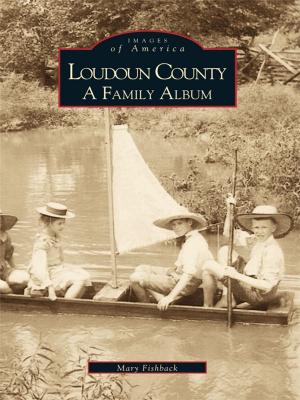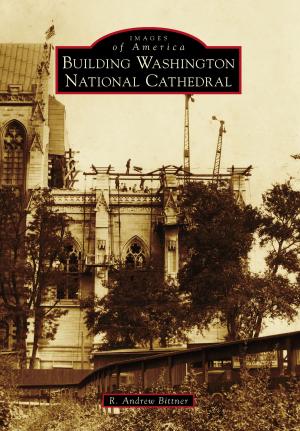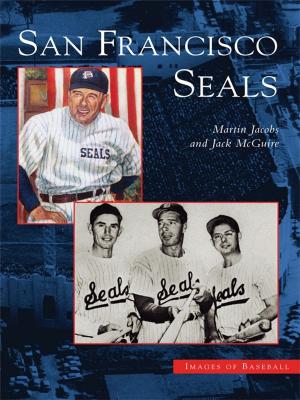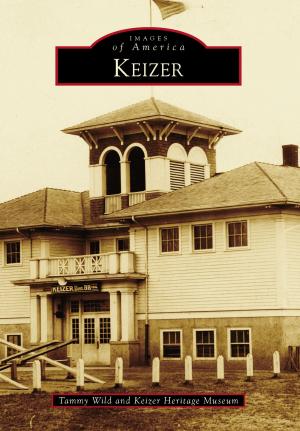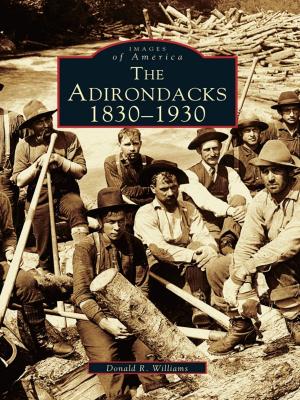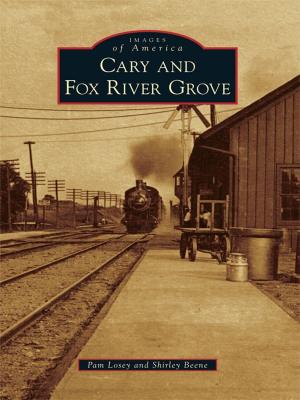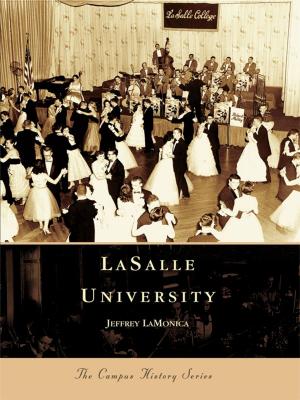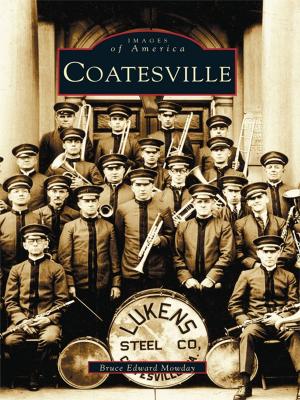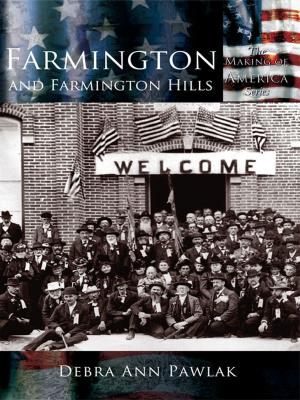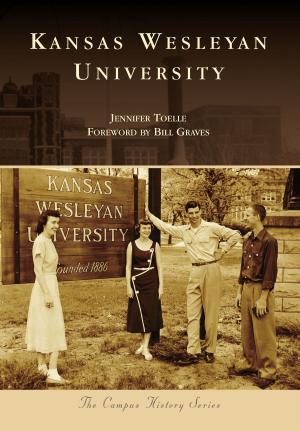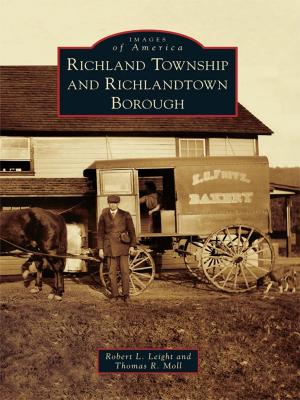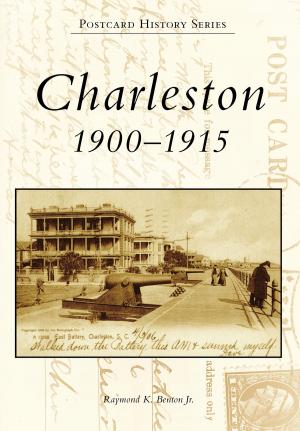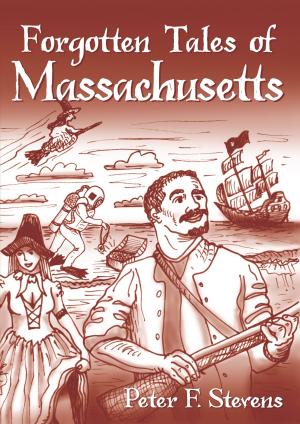The Oklahoma Cowboy Band
Nonfiction, Art & Architecture, Photography, Pictorials, Travel, Entertainment, Music, Theory & Criticism, History & Criticism, Reference| Author: | Carla Chlouber | ISBN: | 9781439635216 |
| Publisher: | Arcadia Publishing Inc. | Publication: | August 25, 2008 |
| Imprint: | Arcadia Publishing | Language: | English |
| Author: | Carla Chlouber |
| ISBN: | 9781439635216 |
| Publisher: | Arcadia Publishing Inc. |
| Publication: | August 25, 2008 |
| Imprint: | Arcadia Publishing |
| Language: | English |
The Oklahoma Cowboy Band was the first western string band in the nation to broadcast over the radio and appear on vaudeville, drawing large audiences throughout the Midwest and Northeast. The band began in Ripley as Billy McGinty's Cowboy Band and first played over radio station KFRU in Bristow in May 1925. Billy McGinty was a Rough Rider with Theodore Roosevelt and performed in Buffalo Bill's Wild West Show. The public responded to the broadcast of his band with a steady stream of telegrams, telephone calls, and letters asking for more of that old-time cowboy music. Soon Otto Gray and his wife, Mommie, of Stillwater joined the band, with both performing rope tricks, Mommie singing sad songs, and their son, Owen, performing comedy routines as "the Uke Buster." Renamed Otto Gray and His Oklahoma Cowboys, the band traveled for a decade to such cities as St. Louis, Chicago, Cincinnati, Indianapolis, Pittsburgh, and Syracuse. Its custom-built Cadillacs drew crowds wherever the band went. By the early 1930s, other acts were copying the band's cowboy themes and songs, and Otto Gray's lawyers threatened legal action. The lawyers met with only limited success, though, and today the cowboy image is firmly established in country music, thanks in large part to the early success of Billy McGinty, Otto Gray, and the Oklahoma Cowboy Band.
The Oklahoma Cowboy Band was the first western string band in the nation to broadcast over the radio and appear on vaudeville, drawing large audiences throughout the Midwest and Northeast. The band began in Ripley as Billy McGinty's Cowboy Band and first played over radio station KFRU in Bristow in May 1925. Billy McGinty was a Rough Rider with Theodore Roosevelt and performed in Buffalo Bill's Wild West Show. The public responded to the broadcast of his band with a steady stream of telegrams, telephone calls, and letters asking for more of that old-time cowboy music. Soon Otto Gray and his wife, Mommie, of Stillwater joined the band, with both performing rope tricks, Mommie singing sad songs, and their son, Owen, performing comedy routines as "the Uke Buster." Renamed Otto Gray and His Oklahoma Cowboys, the band traveled for a decade to such cities as St. Louis, Chicago, Cincinnati, Indianapolis, Pittsburgh, and Syracuse. Its custom-built Cadillacs drew crowds wherever the band went. By the early 1930s, other acts were copying the band's cowboy themes and songs, and Otto Gray's lawyers threatened legal action. The lawyers met with only limited success, though, and today the cowboy image is firmly established in country music, thanks in large part to the early success of Billy McGinty, Otto Gray, and the Oklahoma Cowboy Band.

